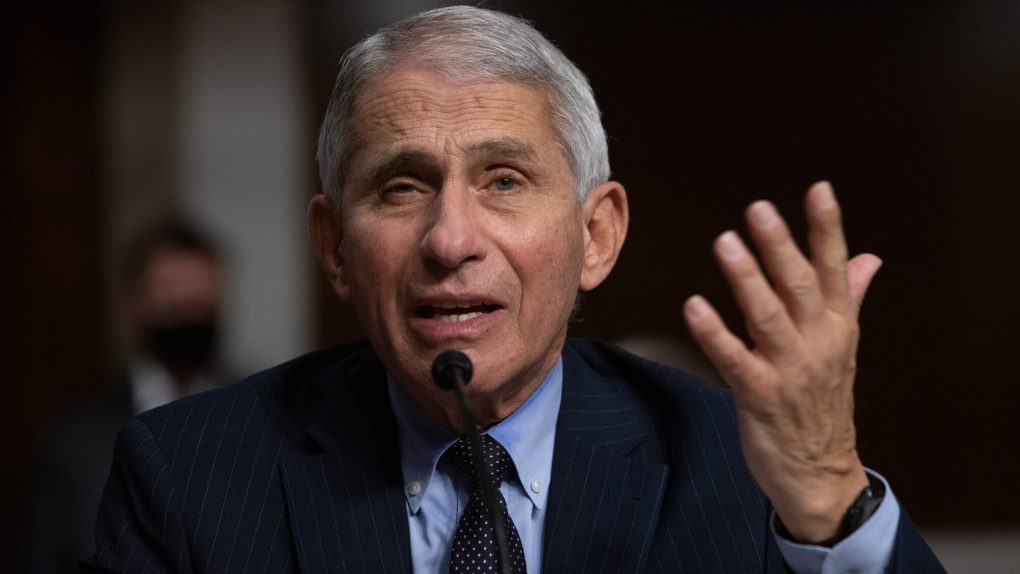- Health experts are unsure if someone who receives the coronavirus vaccine can still spread the virus to others.
- As a result, the CDC urges people who have been vaccinated to still follow COVID-19 safety guidelines.
- Dr. Fauci believes the U.S. should be able to vaccinate 100 million Americans in 100 days once President-elect Biden takes office.
As the COVID vaccination rollout in the U.S. continues to pick up steam, there are still a few pressing questions about the vaccine that remain unknown. Chief among them is whether or not someone who receives the vaccine can still spread the virus to others. The simple answer to this question is that it’s too early to tell.
Touching on this issue during a recent appearance on Today, Dr. Anthony Fauci explained that we need more time to conduct studies and to observe transmission rates over the next few weeks and months.
“One of the things that we don’t have enough information about, and we have to be humble and modest enough to recognize and admit is that we do not know the duration of the durability of protection from yourself to get reinfected as well as spreading to others,” Fauci said. “We’ve gotta be able to, and we are, doing studies to answer those kinds of questions.”
A CDC statement on this very topic reads:
We also don’t yet know whether getting a COVID-19 vaccine will prevent you from spreading the virus that causes COVID-19 to other people, even if you don’t get sick yourself.
In light of the above, it’s still imperative for people who have been vaccinated to adhere to coronavirus safety rules, which is to say a COVID-19 vaccine is not a license to stop wearing a mask and ignore social distancing guidelines.
In regards to the COVID-19 vaccine rollout, Fauci remains optimistic that the U.S. can start vaccinating 1 million Americans per day sooner rather than later.
“You know I really do think so,” Fauci said, “I mean, we’ve discussed this with the Biden team and we think it’s quite feasible that we can do that. Right now, even now, we’ve gone from half a million a day to 750,000 a day.
“I believe strongly that it’s doable and if we do it, stay on target to get the overwhelming majority of the country vaccinated,” Fauci added, “we’ll likely get to that umbrella of herd immunity that you’ll start to see a serious turnaround of infections.”
As to how long it will take to reach herd immunity, Fauci said it will likely take several months before life returns to a semblance of normalcy. Specifically, Fauci earlier this month said that we may not reach herd immunity until late-September or October.
Fauci’s optimism is partially fueled by President-elect Biden assuming office later this week.
When asked what Biden can do to accelerate the COVID-19 vaccine rollout, Fauci said:
There a lot of things that can be done. I think one of the things that President-elect Biden said is that there will be a greater degree of coordination, interaction, and support on the part of the federal government interacting with the states.
You don’t want the federal government to take all the responsibility of doing this. You don’t want the states to be left on their own. You need to have a good degree of interaction, and I think that’s what we’re going to see more of, where states will have help in regards to resources, but also more of a general coordinated plan about how to do this.
One fact that should help the vaccine rollout is that Johnson & Johnson’s own COVID-19 vaccine may receive FDA approval sometime in the next few weeks. And in contrast to the vaccines from Pfizer and Moderna, Johnson & Johnson’s vaccine only requires a single dose.








